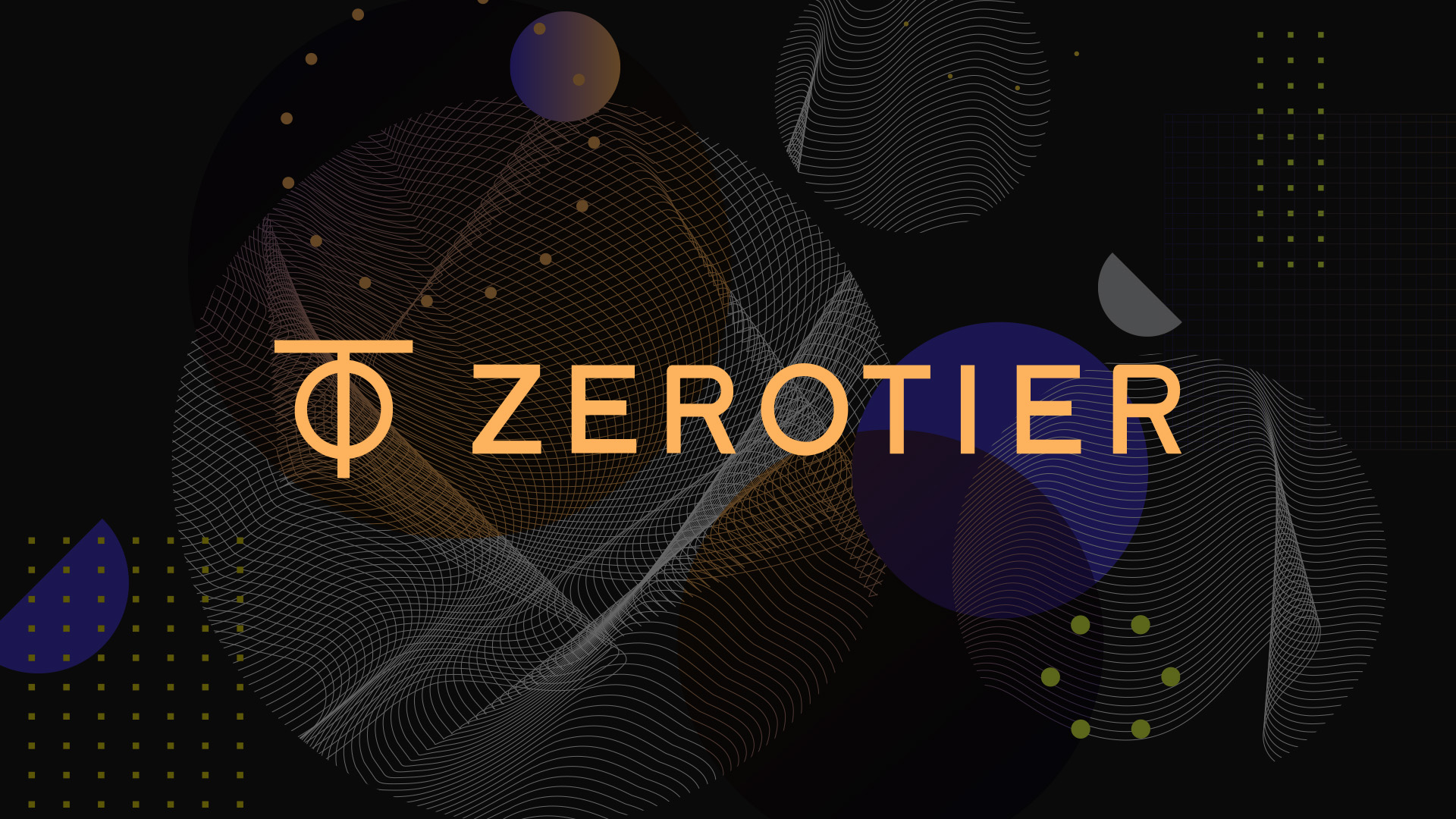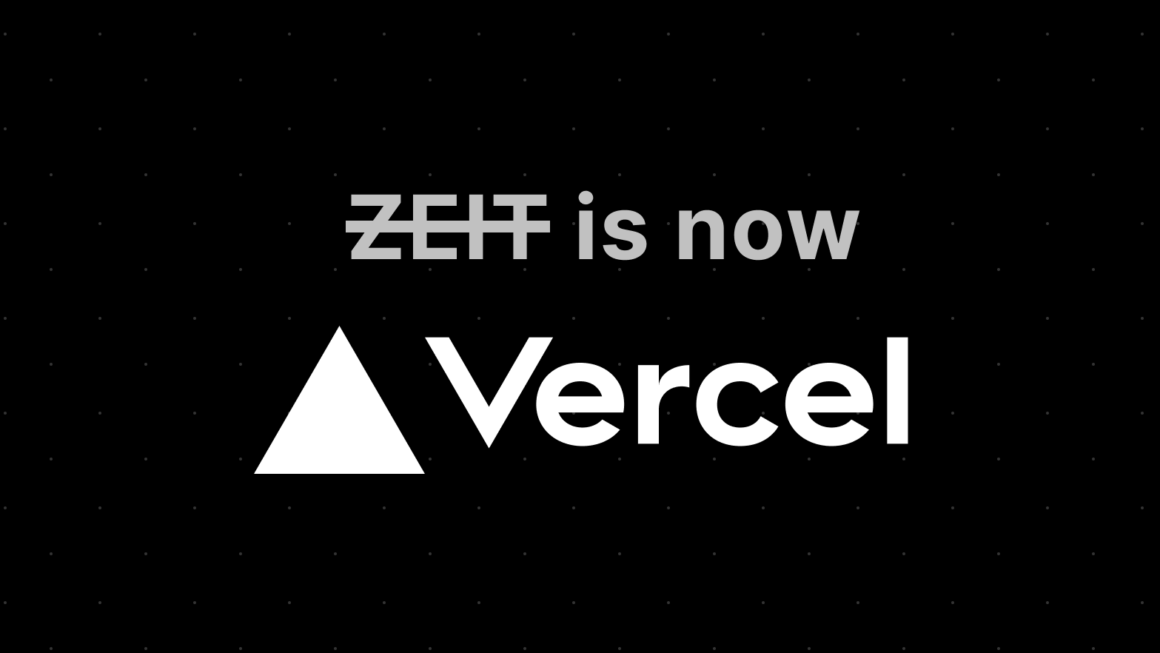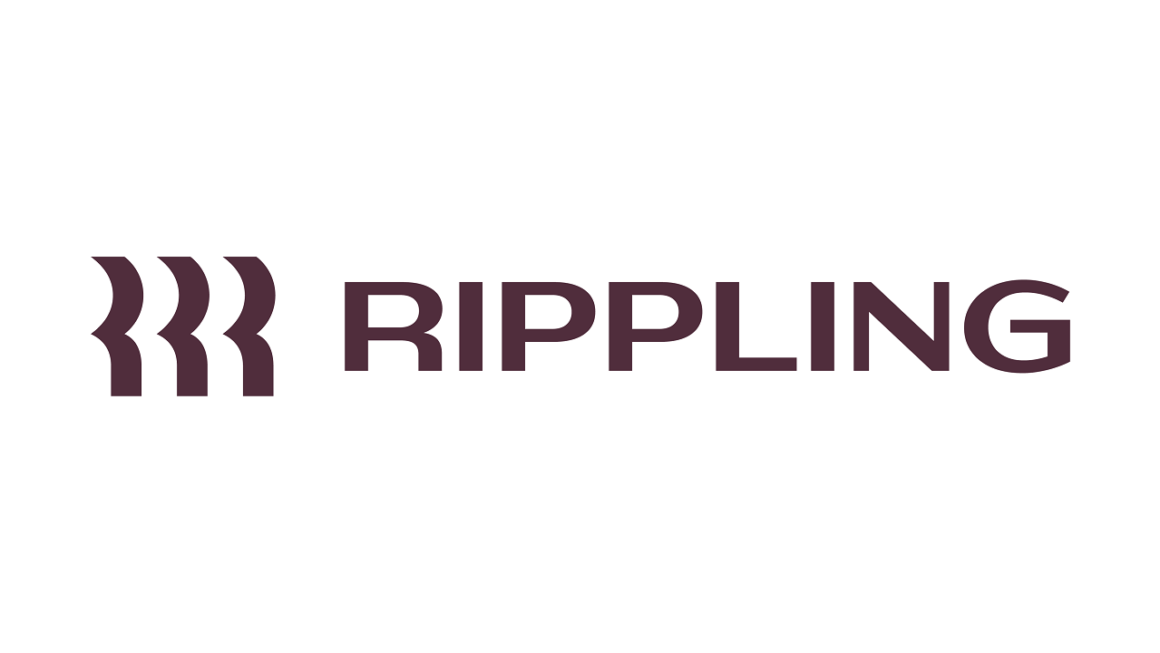ZeroTier is a startup company that was founded in 2011 by Adam Ierymenko. The company developed the ZeroTier software-defined networking (SDN) solution, which has gained popularity for its innovative approach to creating secure and private virtual networks.
The initial idea behind ZeroTier was to address the challenges of securely connecting devices in a decentralized manner over the internet. Traditional VPNs and network solutions often require complex configurations and infrastructure, making it difficult to establish direct, secure connections between devices in different locations.
ZeroTier aimed to simplify this process by leveraging the principles of SDN and encryption technology. The company’s goal was to create a networking solution that could seamlessly connect devices across various networks and enable secure communication, all while being easy to deploy and manage.
ZeroTier gained traction through its open-source approach, allowing developers and users to contribute to its development and customization. The project garnered attention from the technology community, and its popularity grew as more people recognized the potential of its software-defined networking model.
Over time, ZeroTier refined its software, enhancing security, scalability, and usability. It introduced features such as network controllers for centralized management, improved network performance, and expanded compatibility with different operating systems and platforms.
The company has attracted funding from investors who recognized the value of its innovative approach to networking. With the increasing demand for secure remote connectivity and distributed network environments, ZeroTier’s technology found relevance across various industries and applications.
ZeroTier’s software has been adopted by individuals, organizations, and even large enterprises for a range of use cases. These include remote work and collaboration, cloud-based applications, IoT deployments, gaming networks, and more. Its versatility and ease of use have made it a popular choice for those seeking a secure and flexible networking solution.
As a startup, ZeroTier continues to evolve and enhance its software, incorporating user feedback and industry best practices. The company remains committed to its mission of providing secure, easy-to-use networking solutions that empower individuals and organizations to create and manage virtual networks efficiently.
Founding History of Zerotier
ZeroTier was founded in 2011 by Adam Ierymenko, a software engineer and entrepreneur. The company’s founding history showcases the vision and ingenuity behind the development of the ZeroTier software-defined networking (SDN) solution.

Adam Ierymenko had extensive experience in networking and software development. He recognized the limitations of traditional networking models and the challenges in securely connecting devices in a decentralized manner over the internet. He saw an opportunity to simplify and improve networking solutions by leveraging the principles of SDN and encryption technology.
In 2011, Adam Ierymenko started working on the initial concepts and prototype for what would eventually become ZeroTier. He began experimenting with software-defined networking and encryption techniques to create a secure and flexible networking solution that could seamlessly connect devices across different networks.
From the outset, ZeroTier embraced an open-source philosophy. Recognizing the power of community-driven development, Adam Ierymenko decided to release the core networking technology as open source. This allowed developers and users to contribute, customize, and integrate the software into their projects, fostering collaboration and innovation.
In 2013, ZeroTier was publicly released as an open-source project. The software quickly gained attention from the technology community, attracting developers, enthusiasts, and early adopters who recognized the potential of its software-defined networking model. The open-source nature of ZeroTier facilitated widespread adoption and feedback from the community, further improving the software.
ZeroTier continued to evolve and mature as more users joined the community and contributed to its development. The team behind ZeroTier actively incorporated user feedback, addressing bugs, improving performance, and adding new features to meet the growing demands and use cases of the user base.
In parallel with the open-source project, ZeroTier began its journey as a startup The demand for ZeroTier’s networking technology grew, and it became apparent that establishing a formal business entity would allow for dedicated resources, professional support, and further development of the software. The company was officially formed to provide commercial services and support around the ZeroTier software.
ZeroTier attracted funding from investors who recognized the potential of its innovative networking solution. This financial support allowed the company to scale its operations, expand its team, enhance product development, and provide dedicated support services to its growing user base.
Over the years, ZeroTier gained recognition in the industry as a leading software-defined networking solution. It became widely adopted across various industries and applications, ranging from remote work and collaboration to IoT deployments, gaming networks, cloud-based applications, and more. ZeroTier’s technology found relevance in both personal and enterprise use cases.
Business Model of ZeroTier
ZeroTier follows a business model that combines open-source principles with a freemium subscription model, targeting both individual users and organizations. Let’s dive into the details of ZeroTier’s business model:
Open-Source Foundation: ZeroTier’s software is built on an open-source foundation. This means that the core networking technology is freely available to the community, allowing developers and users to contribute, customize, and integrate it into their projects. The open-source approach helps ZeroTier attract a vibrant community of users, fosters innovation, and drives adoption.
Freemium Subscription Model: ZeroTier offers a freemium pricing model, providing basic functionality for free while offering additional features and premium support through paid subscriptions. The free tier allows users to create and join ZeroTier networks, establish secure connections between devices, and benefit from the core networking capabilities. This enables individuals and small-scale users to leverage ZeroTier’s technology without incurring any costs.
Paid Subscriptions: ZeroTier offers several tiers of paid subscriptions for users and organizations with more advanced needs. These subscriptions unlock additional features and support options, providing value-added services and premium functionality. The specific subscription plans may include enhanced network performance, priority support, advanced management features, and dedicated network controllers.
Enterprise Solutions: ZeroTier provides enterprise-grade solutions tailored to the needs of larger organizations. These solutions often involve custom deployments, dedicated support, and additional features designed for complex network architectures. ZeroTier offers flexible licensing options for enterprise customers, allowing them to scale their deployments while receiving specialized assistance from the ZeroTier team.
Support and Consulting: ZeroTier offers support options beyond the basic community support available for open-source users. Paid subscribers, particularly enterprise customers, can access dedicated support channels, which may include email support, priority response times, and assistance with deployment and troubleshooting. Additionally, ZeroTier may offer consulting services for organizations seeking guidance on network design, implementation, and optimization.
Partnerships and Integrations: ZeroTier actively engages in partnerships and integrations with other technology providers. This includes collaborating with cloud platforms, IoT device manufacturers, network infrastructure vendors, and other software providers to ensure seamless integration and interoperability. These partnerships expand ZeroTier’s reach, enable new use cases, and enhance the overall value proposition for users.
Custom Development and Licensing: ZeroTier offers custom development and licensing options for organizations with specific requirements. This may involve tailored features, customization of the ZeroTier software for specialized applications, or licensing arrangements to accommodate specific use cases or deployment scenarios.
Overall, ZeroTier’s business model revolves around a combination of open-source accessibility, a freemium subscription model, enterprise-grade solutions, support services, partnerships, and custom development. By providing a balance between free access and premium offerings, ZeroTier aims to cater to a wide range of users, from individual enthusiasts to large organizations, while maintaining a sustainable business model that supports ongoing software development and support services.
How does ZeroTier work?
Here’s a step-by-step overview of how ZeroTier works:
Installation: To get started with ZeroTier, you need to install the ZeroTier software on the devices you want to connect. ZeroTier supports a wide range of operating systems, including Windows, macOS, Linux, iOS, Android, and various IoT platforms.
Network Creation: Once the software is installed, you can create a ZeroTier network by signing up on the ZeroTier website and obtaining a network ID. This ID will be used to identify your network and allow devices to join.
Network Joining: To join a ZeroTier network, you need to provide the network ID to the device you want to connect. The device then uses the ZeroTier software to connect to the ZeroTier network’s infrastructure.
Address Assignment: When a device joins a ZeroTier network, it is assigned a unique IP address from the network’s address pool. This address can be IPv4, IPv6, or both, depending on the network configuration.
Network Connectivity: Once connected, devices within the same ZeroTier network can communicate with each other as if they were on the same local network. ZeroTier creates secure, encrypted tunnels between devices, allowing for private and direct communication over the internet.
Network Controllers: ZeroTier networks can be managed and configured through network controllers. A network controller is a device or server running the ZeroTier Central software, which provides a web-based management interface. Network controllers allow administrators to manage network access, set up firewall rules, and monitor network activity.
Revenue Streams of ZeroTier – How does ZeroTier make money?
ZeroTier generates revenue through various channels and revenue streams. Here are the main revenue streams of ZeroTier:
Subscription Services: ZeroTier offers a freemium subscription model, where users can access basic networking functionality for free, while advanced features and premium support are available through paid subscriptions. The subscription plans offer additional capabilities such as enhanced network performance, priority support, advanced management features, and dedicated network controllers. These subscriptions generate recurring revenue for ZeroTier.
Enterprise Solutions: ZeroTier provides enterprise-grade solutions tailored to the needs of larger organizations. These solutions often involve custom deployments, dedicated support, and additional features designed for complex network architectures. ZeroTier offers flexible licensing options for enterprise customers, allowing them to scale their deployments while receiving specialized assistance from the ZeroTier team. Enterprise solutions contribute to significant revenue streams for the company.
Support and Consulting Services: ZeroTier offers support options beyond the basic community support available for open-source users. Paid subscribers, particularly enterprise customers, can access dedicated support channels, which may include email support, priority response times, and assistance with deployment and troubleshooting. ZeroTier also provides consulting services for organizations seeking guidance on network design, implementation, and optimization. These support and consulting services generate additional revenue for the company.
Partnerships and Integrations: ZeroTier actively engages in partnerships and integrations with other technology providers. These partnerships often involve revenue-sharing agreements or licensing arrangements, where ZeroTier’s technology is integrated into third-party products or services. These partnerships expand ZeroTier’s reach and generate revenue through licensing fees or revenue-sharing models.
Custom Development and Licensing: ZeroTier offers custom development and licensing options for organizations with specific requirements. This may involve tailored features, customization of the ZeroTier software for specialized applications, or licensing arrangements to accommodate specific use cases or deployment scenarios. Custom development projects and licensing agreements create additional revenue streams for ZeroTier.
Training and Education: ZeroTier may provide training and educational resources for users and organizations seeking to gain a deeper understanding of its software-defined networking technology. This could include online courses, workshops, or certifications that generate revenue through course fees or enrollment charges.
Sponsorships and Grants: ZeroTier may secure sponsorships or grants from industry partners, foundations, or government entities to support specific initiatives or research and development efforts. These sponsorships and grants contribute to the company’s revenue and provide funding for specific projects.
It’s important to note that while ZeroTier offers a significant portion of its core technology as open source, the company generates revenue through value-added services, enterprise solutions, support, partnerships, custom development, and other commercial offerings. This hybrid approach enables combining open-source accessibility with revenue-generating services, allows the company to balance its commitment to the open-source community with the need for sustainable revenue generation to support ongoing development, support services, and innovation.
Investors and Funding of ZeroTier
ZeroTier has raised a total of $3.7 million in funding over 3 rounds. Their latest funding was raised on Feb 17, 2021 from a Venture – Series Unknown round. ZeroTier is funded by 2 investors. Anorak Ventures and Bonfire Ventures are the most recent investors.
Here is a breakdown of ZeroTier’s funding rounds:
- Seed Round (2020): $1.25 million raised from Anorak Ventures and Bonfire Ventures.
- Series A Round (2021): $2 million raised from Anorak Ventures and Bonfire Ventures.
- Undisclosed Round (2022): $7 million raised from undisclosed investors.
ZeroTier’s investors are a mix of venture capital firms and angel investors. Their investors are attracted to ZeroTier’s innovative technology and its potential to disrupt the networking industry.
ZeroTier’s funding will be used to accelerate its growth and development. The company plans to use the funds to hire new employees, expand its product offerings, and market its products to a wider audience.
ZeroTier is a rapidly growing company with a bright future. Its innovative technology has the potential to revolutionize the way we think about networking. With the support of its investors, ZeroTier is well-positioned to achieve its goals and become a major player in the networking industry.
Here are some additional details about ZeroTier’s investors:
- Anorak Ventures is a venture capital firm that invests in early-stage technology companies. Anorak Ventures has invested in a number of successful companies, including ZeroTier.
- Bonfire Ventures is a venture capital firm that invests in early-stage technology companies. Bonfire Ventures has invested in a number of successful companies, including ZeroTier.
Also Read: ServiceTitan – Founders, Business Model, Growth, Revenue, Competitors and Future
Growth Strategy of ZeroTier
ZeroTier is a software-defined networking (SDN) company that provides secure, scalable, and decentralized network connectivity solutions. Its growth strategy encompasses various elements aimed at expanding its user base, enhancing its technology, and increasing market penetration. Here are the key aspects of ZeroTier’s growth strategy:
Product Development and Innovation: ZeroTier focuses on continuous product development and innovation to meet evolving market demands. It invests in research and development to improve its networking technology, enhance performance, and introduce new features and capabilities. This includes optimizing its SDN platform, developing APIs for integration with other systems, and expanding compatibility with different operating systems and devices.
Market Expansion and User Acquisition: ZeroTier aims to expand its presence in existing markets and penetrate new ones. It adopts a multi-pronged approach to user acquisition, targeting individuals, small businesses, enterprises, and developers. ZeroTier offers a freemium model, allowing users to experience its core functionalities at no cost, which helps attract a wide user base. Additionally, it utilizes marketing campaigns, partnerships, and strategic alliances to increase awareness and reach.
Partner Ecosystem: ZeroTier actively builds partnerships and alliances with other technology companies, service providers, and industry players. These partnerships help drive adoption, improve interoperability, and broaden the scope of ZeroTier’s offerings. Collaborations with cloud providers, cybersecurity firms, managed service providers, and software vendors enable ZeroTier to integrate its technology into existing ecosystems, enhancing its value proposition for customers.
Enterprise Focus: ZeroTier recognizes the significance of the enterprise market and tailors its growth strategy to cater to the specific needs of businesses. It provides enterprise-grade features such as advanced security, centralized management, and robust administrative controls. ZeroTier also offers custom solutions, professional services, and support options to meet the requirements of large-scale deployments, enabling it to capture a significant market share in the enterprise segment.
Community Engagement and Open Source: ZeroTier embraces the open-source community and actively engages with developers and users. It leverages open-source principles to encourage community contributions, foster innovation, and address the diverse needs of its user base. By nurturing an active and supportive community, ZeroTier benefits from user feedback, bug reports, and community-driven development, resulting in a stronger and more reliable product.
Security and Trust: ZeroTier places a strong emphasis on security and trust, which are critical in the networking industry. It invests in robust encryption, authentication mechanisms, and security audits to ensure the integrity and confidentiality of network traffic. ZeroTier’s commitment to privacy and security helps build trust among users, particularly in sectors that require stringent security measures, such as healthcare, finance, and government.
Scalability and Reliability: As ZeroTier aims to support a growing user base, scalability and reliability are paramount. The company focuses on optimizing its network infrastructure, deploying distributed server architecture, and leveraging cloud technologies to handle increased traffic and ensure consistent performance. This scalability ensures that ZeroTier can accommodate the needs of both small-scale deployments and large enterprise networks.
Overall, ZeroTier’s growth strategy combines technical excellence, market expansion, strategic partnerships, community engagement, and a strong focus on security and reliability. By continuously enhancing its product and addressing the evolving demands of its user base, ZeroTier aims to establish itself as a leading provider of secure, decentralized networking solutions.
To read more content like this, subscribe to our newsletter



